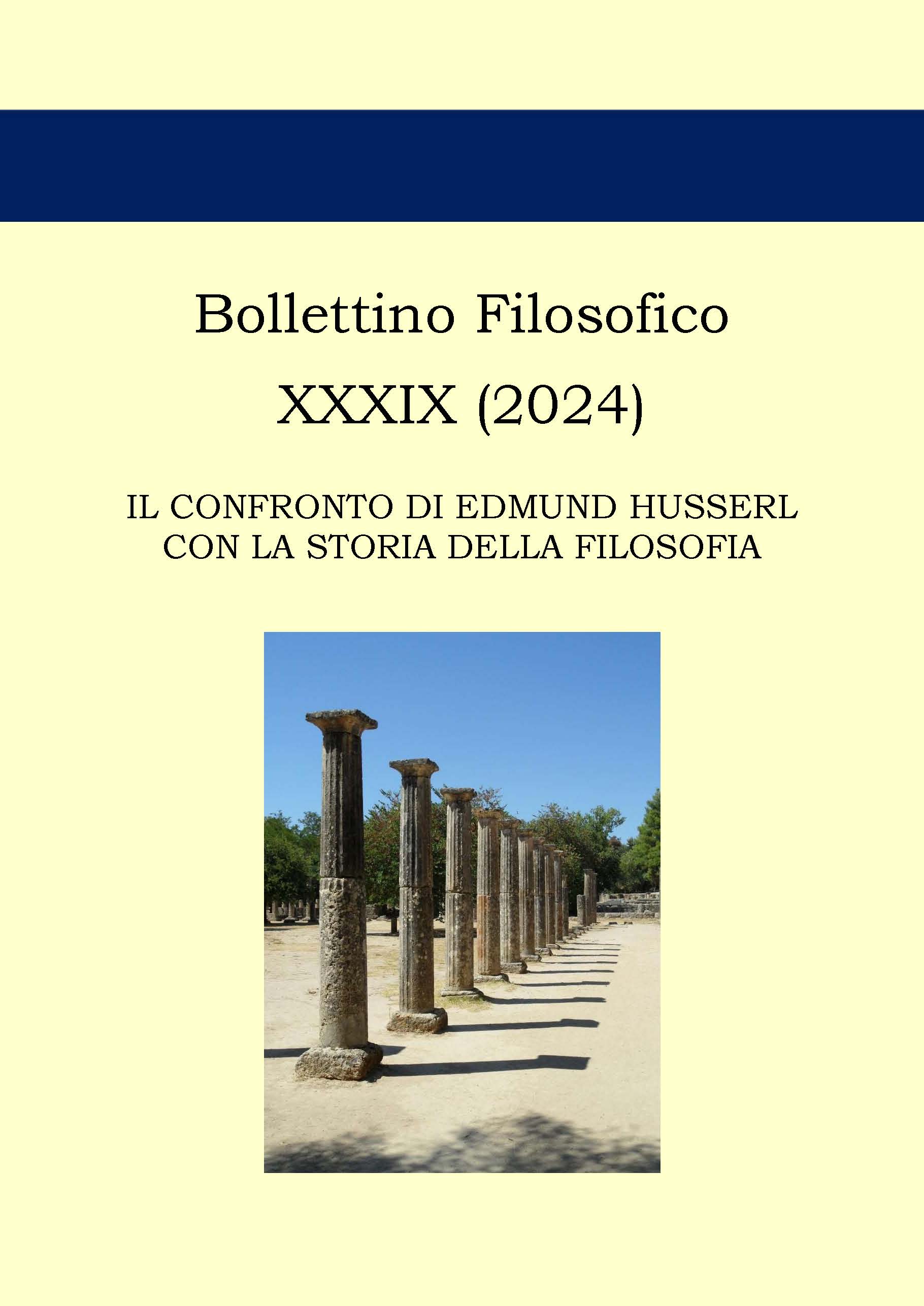Empiricism and Phenomenology: Husserl and Human Empiricism
DOI:
https://doi.org/10.6093/1593-7178/11405Abstract
What position does English empiricism, especially Hume’s, occupy within the history of philosophy as conceived by Husserl? Did English empiricism anticipate the phenomenological problem of the transcendental constitution of objects by consciousness or, on the contrary, act as an epistemological obstacle by failing to recognize the intentional essence of consciousness? Leaving aside the question of Husserlian nominalism, we focus here on what Husserl calls his fictionalism, i.e. his theory of object identity as a fiction produced by the imagination. The contribution of Hume’s empiricism to transcendental phenomenology is to have thematized the field of cogitationes, where Descartes had concentrated on the evidence of the cogito alone, and to have posed the problem of the relation of consciousness to an external and permanent object. But his essential limitation is to have conceived this field on the model of material nature, and to have sought to provide a genetic explanation for the shared belief in the existence of external objects; in so doing, he misses the intentional essence of consciousness and the ideal status of the external thing.
Keywords: Associationism, Constitution, Empiricism, Exteriority, Fictionalism, Imagination, Immanence, Intentionality, Permanence, Phenomenology
Downloads
Downloads
Published
How to Cite
Issue
Section
License
The author retains the copyright of his work whilst granting anyone the possibility “to reproduce, distribute, publicly communicate, publicly exhibit, display, perform and recite the work”, provided that the author and the title of the journal are cited correctly. When submitting the text for publication the author is furthermore required to declare that the contents and the structure of the work are original and that it does not by any means compromise the rights of third parties nor the obligations connected to the safeguard of the moral and economic rights of other authors or other right holders, both for texts, images, photographs, tables, as well as for other parts which compose the contribution. The author furthermore declares that he/she is conscious of the sanctions prescribed by the penal code and by the Italian Criminal and Special Laws for false documents and the use false documents, and that therefore Bollettino Filosofico is not liable to responsibilities of any nature, civil, administrative or penal, and that the author agrees to indemnify and hold Bollettino Filosofico harmless from all requests and claims by third parties.

